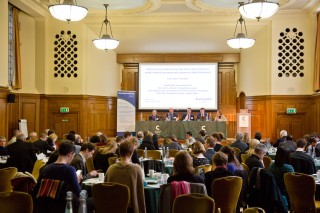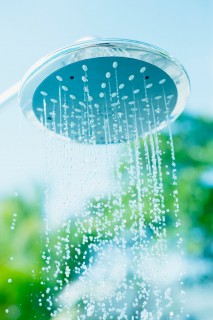Francesca Moll explains why an active demand side is the key to unlocking some of the greatest challenges in the energy and water sectors.
Lawns paved over. Cars going unwashed. Sirens in public showers.
This is everyday life for ordinary people in drought-stricken Cape Town, South Africa. The city has been experiencing the worst drought in 100 years, and will shortly approach a ‘day zero’ where the majority of the city’s water supply is shut off and water rationed through collection points around the city. This gives us an early foretaste of the formidable environmental challenges energy and water may face in the coming years.
Pippa Malherbe, resident of Cape Town suburb Somerset West, is one of the many South Africans who have had to adapt to the city’s new normal. She has installed a host of water efficiency measures in her home to help her and her family keep within the allowance of 50 litres a day per person.
She has pipes to collect used water and runoff from her shower, gutters and washing machine, which is used to water her garden and flush toilet cisterns. She reports not using municipal water for this purpose for over a year. Rather than shower every day, Pippa and her husband bathe in their pool, which they keep topped up with water they buy from those lucky enough to have access to boreholes.




